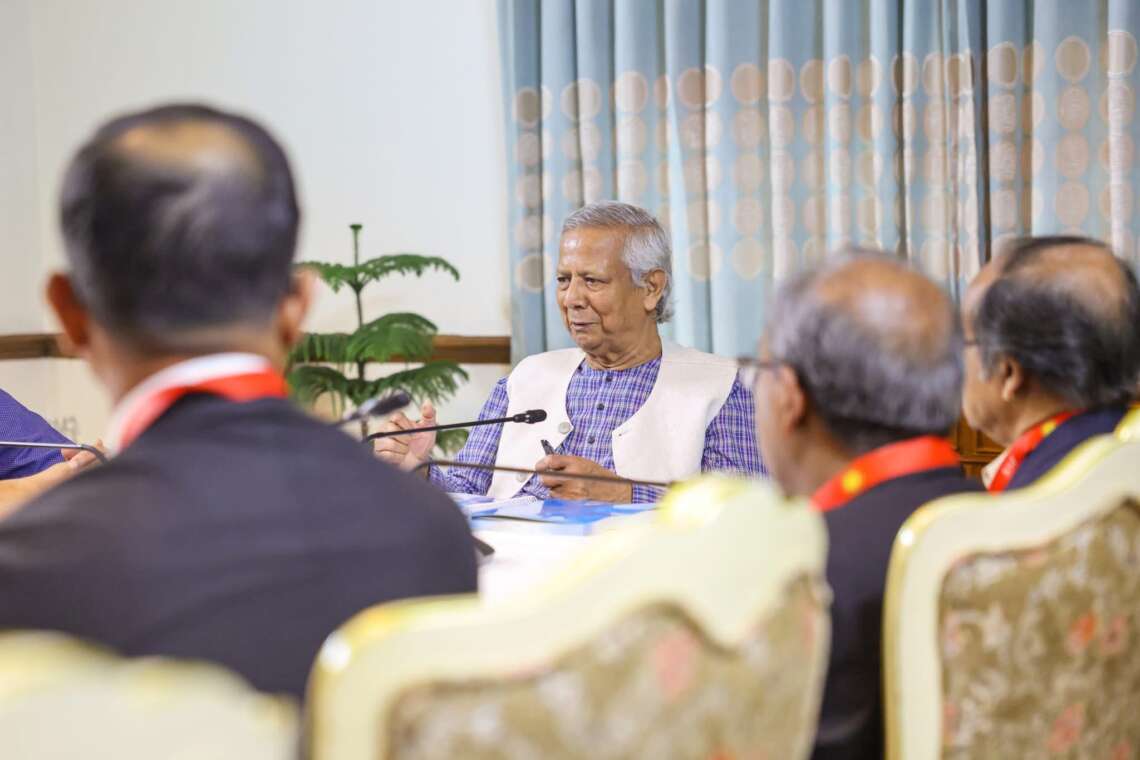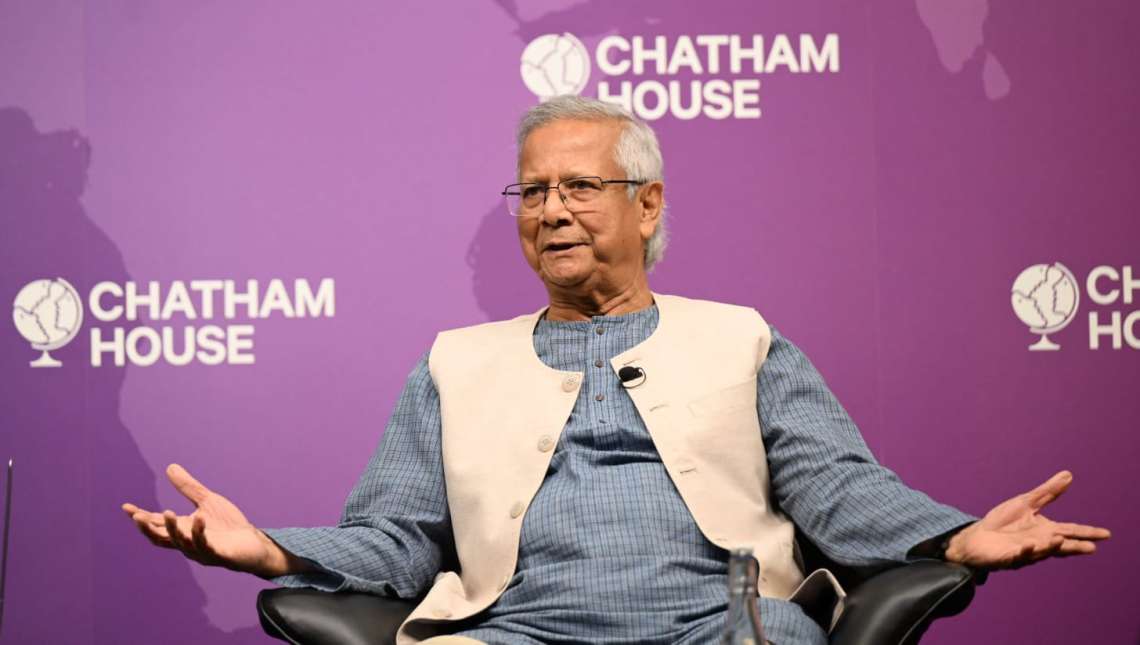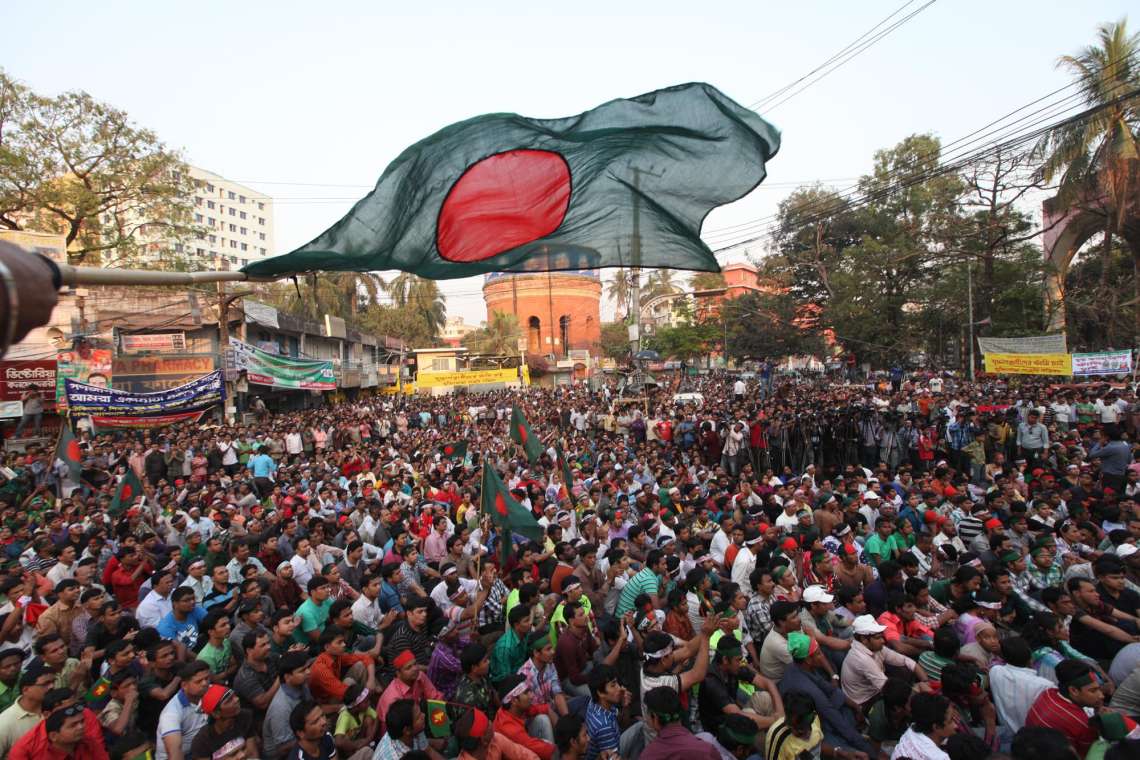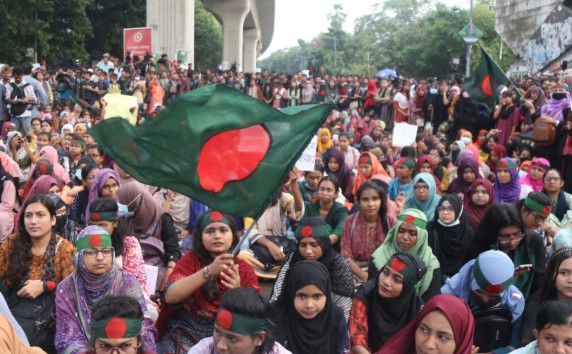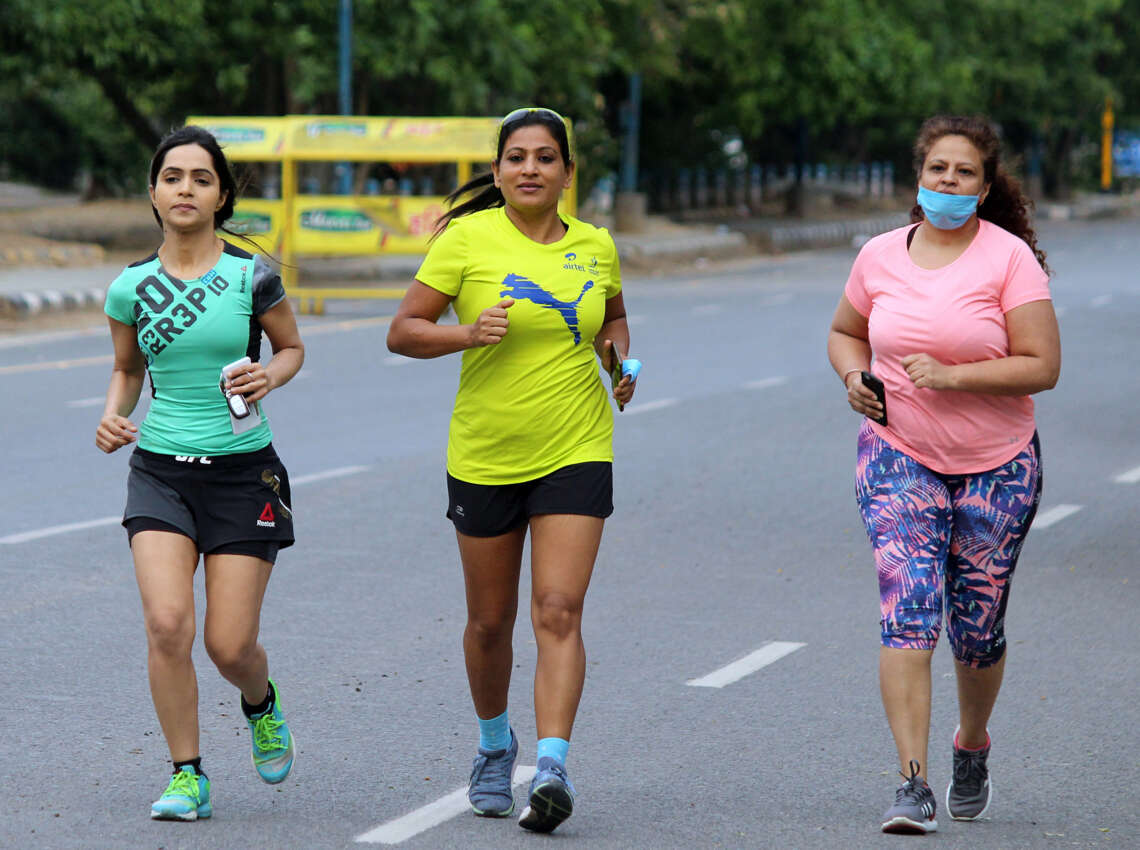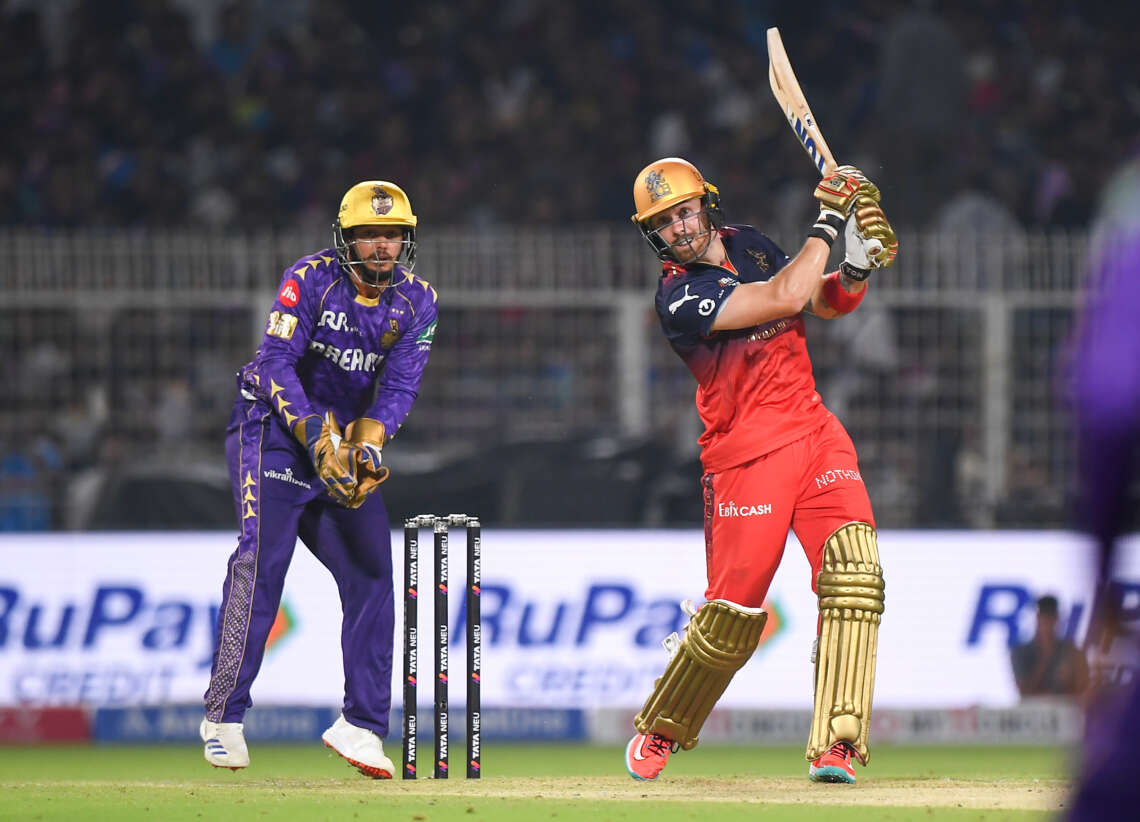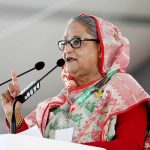The Awami League, Bangladesh’s longest-serving political party, will not be allowed to contest upcoming elections, a senior advisor to the country’s interim government has declared, intensifying concerns over political exclusion and democratic backsliding.
Mahfuj Alam, the Information and Broadcasting Advisor in Chief Advisor Muhammad Yunus’ interim government, described the Awami League as a “transplanted force from abroad,” accusing it of being controlled by external interests. “The strings of this kite (Awami League) are held in Delhi. This kite will no longer be allowed to fly in Bangladesh,” Alam was quoted as saying by leading Bengali daily Prothom Alo.
His comments contrast with earlier statements from Yunus, who had insisted that his government had no plans to ban the Awami League. In an interview last month, Yunus stated that the party itself must decide whether to contest elections, which are scheduled for December. However, Yunus had previously made remarks suggesting that the Awami League had “no place” in Bangladesh’s political landscape, adding to speculation over its future.
Political analysts believe these contradictory messages signal an orchestrated attempt to sideline the Awami League from electoral politics. Calls to ban the party have been growing from student groups and the newly-formed National Citizen Party—both key players in the July-August 2024 protests that led to Sheikh Hasina’s downfall.
Hasina’s ouster last August was widely seen as a major blow to Bangladesh’s democratic framework, drawing global criticism. The interim government has since faced scrutiny for sheltering radical Islamic groups while clamping down on political opponents.
In October, the government banned the Bangladesh Chhatra League (BCL), the student wing of the Awami League, under the Anti-Terrorism Act, citing alleged involvement in violent activities. However, in a move that sparked further controversy, the government lifted the ban on the Islamist party Jamaat-e-Islami and its student wing Islami Chhatra Shibir shortly after Hasina’s exit.
While Chief Election Commissioner AMM Nasir Uddin has stated that the Awami League remains eligible to contest elections unless a formal ban is imposed, any such move would violate international norms. The United Nations has cautioned against political bans, warning that excluding parties undermines democratic principles and disenfranchises large segments of the electorate.
“Refrain from political party bans that would undermine a return to a genuine multiparty democracy,” urged a report from the Office of the United Nations High Commissioner for Human Rights (OHCHR).
The unfolding political landscape in Bangladesh is expected to draw further international scrutiny as the country moves closer to elections.


